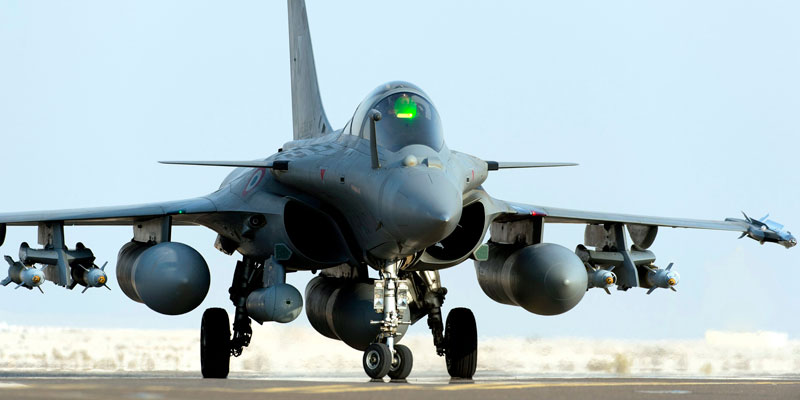Arab countries joined or supported the air attack by US on its brethren this time.
Late on Monday night, the American fighter jets launched an air assault on the Islamic State inside Syria.
They’re the first strikes against the Islamic terror group inside the country since President Barack Obama’s announcement this month that he was prepared to expand the American efforts beyond targets in Iraq.
The airstrikes focused on the ISIS stronghold of Raqqa and at least 20 targets in an around Raqqa were hit. Warplanes, drones and Tomahawk cruise missiles were used in the strikes. IS has seized large areas of Syria and Iraq, and the US has launched nearly 200 air strikes in Iraq since August. But Monday’s strikes expanded the anti-IS campaign across the border into Syria for the first time.
Reportedly, 70 IS militants and 50 other al-Qaeda-linked fighters were killed in the strikes.
BBC quoted US state department spokeswoman Jan Psaki saying that the US had warned Syria in advance “not to engage US aircraft”. However, Washington had not requested permission or given advance notice of the timing of the attacks.
Interestingly, the Arab countries joined or supported the air attack by US on its brethren this time. These countries are Saudi Arabia, the United Arab Emirates, Jordan, Bahrain and Qatar.
According to Marc Weller, Professor of Law, University of Cambidge, the legal evaluation differs where operations against IS in Iraq on the one hand and in Syria on the other are concerned.
Weller wrote in an article that “the Syrian government has lost all control over the parts of Syria held by IS.
Indeed, until very recently, it has made no attempt to dislodge it, leaving this task instead to the armed opposition groups. Damascus is manifestly unable or unwilling to discharge its obligation to prevent IS operations against Iraq from its own soil. Syria cannot impose the costs of its inaction or incapacity in relation to IS on neighbouring Iraq.
Hence, under the doctrine of self-defence, the zone of operations of the campaign to defeat IS in Iraq can be extended to cover portions of Syria beyond the control of the Syrian government.”
This indicates that the operations are well within the international law.
But, those closest to the Mediterranean coast seem to have been hit largely by Tomahawk cruise missiles launched from warships – this is an area where Syrian government air defences may still have coverage.
However, in a briefing Lt Gen William Mayville noted that Syrian air defences were “passive”, as he put it, during the course of the operation. This suggests a conscious decision by Syrian commanders who perhaps feared that active scanning by their defences might draw down air attacks upon them.
This is not, though, a knock-out blow but the strategic aim is clearly to push IS off balance by striking at its leadership and support apparatus and hopefully to keep it cornered. But the life of another British hostage is on line.
Now everyone’s eyes are on IS response.





